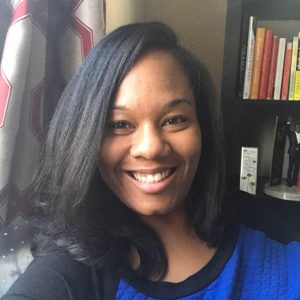Program evaluation as a field is concerned with the systematic collection of evidence to determine the merit, worth, and significance of a program. As a practice, evaluation aims to understand and improve social programs so that they are ultimately more responsive to program participant needs. Program initiatives take place in multiple arenas, including government, non-profit, public health, educational institutions, amongst others, but the important question becomes – do they work? If so, how? And according to whom? The job of the evaluator is to determine whether and to what extent these initiatives are working, and how they can be improved for next time.
At a fundamental level, program evaluation is a socio-political process related to decisions about societal priorities and resource allocations, as decisions are made concerning program worth and merit. Within this backdrop, there is increasing awareness that these programs are embedded within specific social, cultural, and historical contexts, all of which profoundly impact program development, implementation and outcomes. Evaluations are in many ways far from being value-free and culture-free.
The Program Evaluation concentration in the Department of Educational Research Methodology (ERM) has a comprehensive curriculum with a culturally-responsive and social justice focus. The distinguishing features of this concentration include:
- A strong grounding in research methodology
- Extensive course offerings in evaluation, including courses on collaborative and culturally responsive approaches, policy, and more!
- Faculty with a culturally responsive and social justice focus, and whose substantive areas of research is evaluation methodology
- A Southeast annual, UNCG-original, student-led academic conference called , Emergent Voices in Evaluation (EViE), where students organize, present, and interact with well-respected evaluators in the field
The aim of the evaluation concentration is to develop evaluation scholars and practitioners who have the knowledge and skills to design and implement evaluations across multiple, diverse program settings. Our course offerings in evaluation and methods are listed below:
+Evaluation Courses
+General Methods Courses
Core Program Evaluation Faculty and Staff
Dr. Boyce’s research focuses on attending to value stances and issues related to diversity, equity, access, climate, cultural responsiveness, and restorative justice within evaluation—especially in Science Technology Engineering and Mathematics (STEM) programming, and in contexts with historically marginalized populations. She teaches classes in program evaluation and research methodology where she emphasizes good practice with mindful attentiveness to theoretical roots. Learn more about Dr. Boyce from her bio page.
Dr. Chouinard’s main interests are in cross-cultural/culturally responsive approaches to research and evaluation, participatory research and evaluation, and evaluation and public policy. She positions evaluation as a catalyst for learning, collaboration, social justice and community change. Learn more about Dr. Chouinard from her bio page.
Dr. Tiffany Smith is the Senior Evaluation Specialist at the Office of Assessment, Evaluation, and Research Services (OAERS), and teaches evaluation and research methodology courses. Her primary research interests include reflective practice in evaluation, interpersonal effectiveness, communication, and stakeholder involvement. Learn more about Dr. Smith from her bio page.


